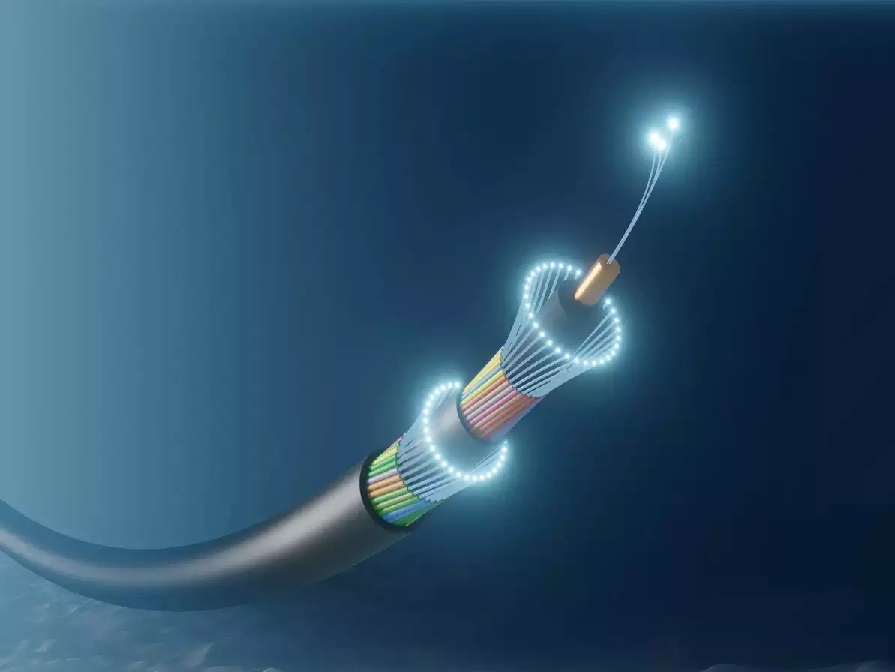The new projects, specifically 2Africa Pearls, India-Asia-Express (IAX), and India-Europe-Express (IEX), are anticipated to become operational between October 2024 and March 2025.

The Internet has seamlessly integrated into our lives, especially over the past decade. India, having joined the digital revolution a bit later than its Western counterparts, has nevertheless emerged as a significant player in the internet boom.
India’s Internet Expansion
India has harnessed the internet’s potential in unique ways and is set to experience further growth. Recent advancements include ambitious satellite internet projects and innovative conventional methods to expand connectivity.
According to the Economic Times, three major undersea internet cable projects are poised to elevate the country’s internet services to a new level. These projects—2Africa Pearls, India-Asia-Express (IAX), and India-Europe-Express (IEX)—are expected to become operational between October 2024 and March 2025.
2Africa Pearls
Led by Airtel, Meta, and Saudi Telecom, the 2Africa Pearls project spans 45,000 kilometers, connecting the Middle East, Africa, Europe, and Asia. It boasts a capacity of 180 terabytes per second (tbps).
India-Asia-Express
This initiative, backed by India’s largest telecom operator, Reliance Jio, and China Mobile, will stretch 16,000 kilometers. It will link Mumbai with Singapore, Malaysia, Thailand, and Sri Lanka, featuring a capacity of 200 tbps.
India-Europe-Express
The India-Europe-Express, also funded by Jio and China Mobile, will cover 9,775 kilometers and offer a capacity of 200 tbps. It will connect Mumbai with the Persian Gulf and Europe.
The current installed capacity of existing networks is over 138 tbps. These new cables are essential as subsea cables handle more than 99% of global internet traffic and facilitate over USD 10 trillion in daily financial transactions worldwide.












